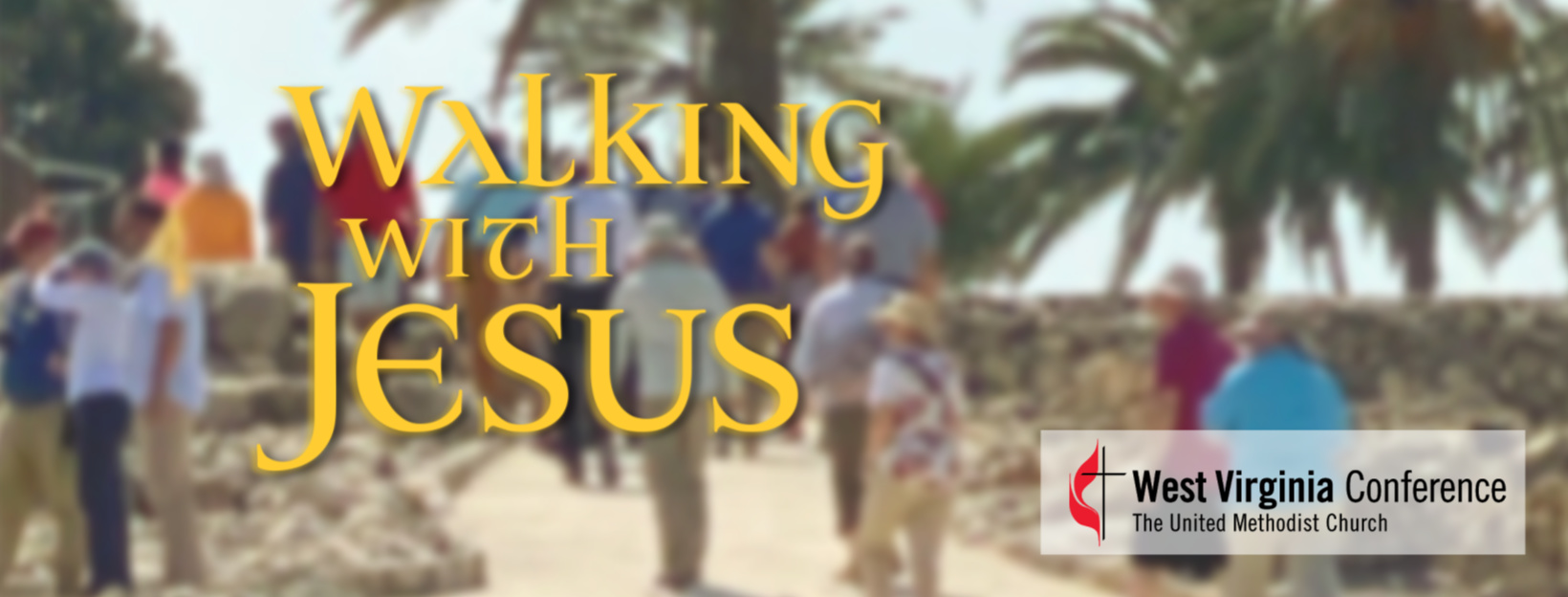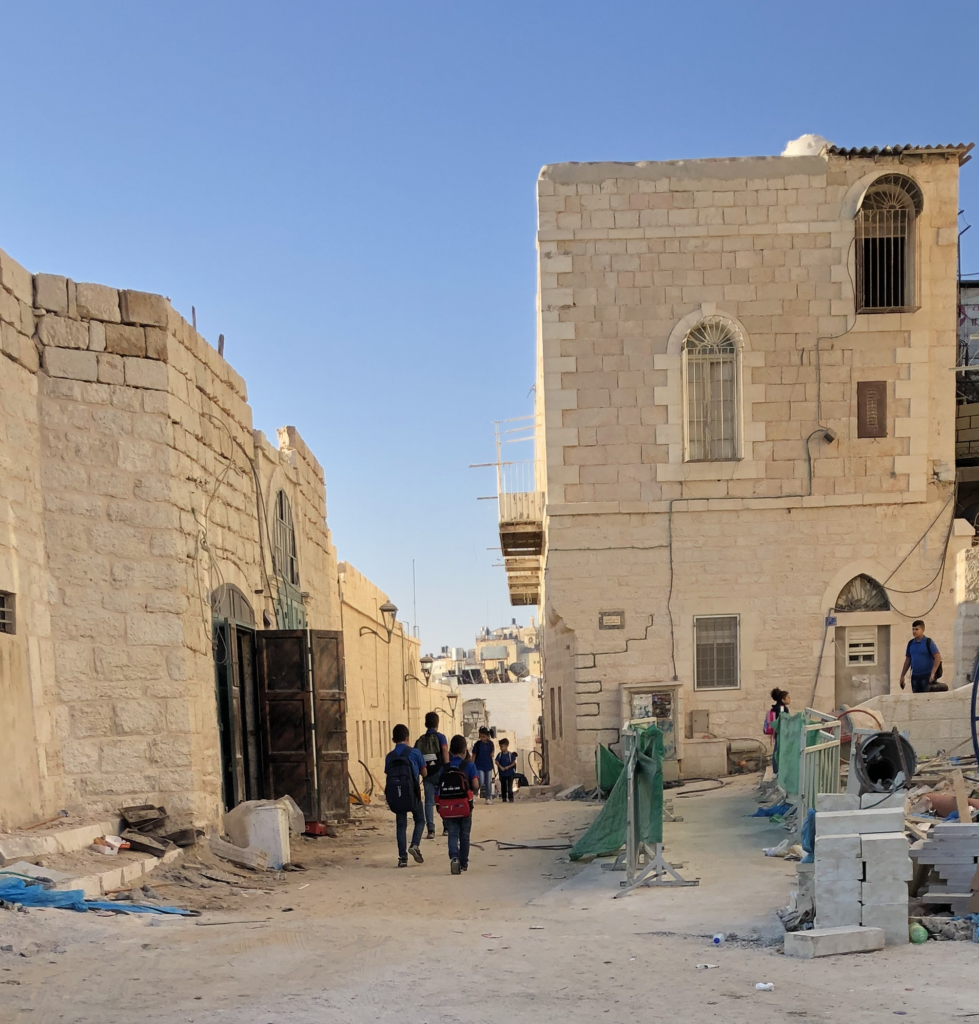
The readings during Lent, focus primarily on the meaning of baptism and discipleship, in continuity with the season’s original purpose. Because Sundays are always little Easters, the penitential spirit of Lent should be tempered with joyful expectation of the Resurrection.
The lectionary readings for the 5th Sunday in Lent are: Ezekiel 37:1–14; Psalm 130 (UMH 848); Romans 8:6–11; John 11:1–45
Rev. Bonnie MacDonald
Midland South District
Can these bones live?
While God’s people face the despair of living in exile, Ezekiel encounters this valley of dry, dusty bones, with God at his side—asking, Can these bones live?
Wisely, Ezekiel throws the question back to God, not attempting to bluff an answer. And God reminds Ezekiel of his calling as prophet: prophesy! Prophesy to these bones, and give them hope for a future through the power of God.
I have wondered about how this valley of bones encounter really began. Did Ezekiel initially gaze at the valley as a sad reminder of what his people had been? As a tragic marker of needed revenge? Did he want to turn away with hopelessness from despair? Or discount any hope that might come from this particular valley, and turn with God to a bettere view? Did he wonder, why are you asking me to prophesy to bones God? What’s the point?
Whether or not Ezekiel has doubts, he prophesies as directed, and sure enough, the bones rattle together, along with flesh, until they look right, but there’s still something missing. God’s promise of hope is not yet complete; they are not yet whole. There is more for Ezekiel to do.
Prophesy to the breath.
“I will put my Spirit within you, and you shall live…”
Our world is full of people who only know a life of dry, dusty bones. God continually asks us to enter into the valleys around us, the places where life gets sucked dry, and be willing to listen to God and those who suffer. While in Bethlehem, we had opportunity to learn firsthand from Palestinian Christians about what it’s like to live within the occupied territories and under the threat of conflict, which we also experienced as we traveled. I was reminded of our West Virginia culture, as Palestinians shared generous hospitality, valued their heritage, but also mourned the loss of young people who want to stay in the region but feel compelled to leave in order to find stable employment. They yearned for the rest of the world to more clearly understand their situation, beyond what was shared by media soundbites, and leaders were using creative means to teach and share with us so that we might learn. I was reminded once again, that understanding most often lies beneath the surface of quick, simple answers, and requires us, called by God, to be willing to ask the deeper questions. Can these bones live? Oh God, you know.
Prophesy to the breath.
Like Ezekiel, we are called to be people of the breath (in Hebrew, “ruah,” meaning spirit or breath) knowing that it is God’s Spirit that has the power to bring life and hope to all things. Our other lectionary passages point us to the tremendous power of this hope. Psalm 130*; Romans 8:6-11; and John 11:1-45 all give accounts of God’s faithfulness in the midst of despair.
I find it reassuring in my times of confusion that even as Jesus heads to meet his friends, Martha and Mary, after their brother Lazarus has died (John 11:1-45), his disciples still are confused about his purpose, and his power. Can these bones live? Jesus has to explain very clearly to them, and show them all that he has power to bring life out of death! Martha, though, gets it: “Yes, Lord, I believe that you are the Messiah, the Son of God, the one coming into the world.”
Prophesy to the breath!
Where are the dry, dusty bones around you and what do they look like? Addiction? Burnout? Overeating? Hopelessness? Grief? Loneliness? Anger? Like the psalmist, God hears when we cry, “out of the depths I cry to you, O Lord. Hear my voice!” If you need someone to help you sense God’s presence, I encourage you to ask a trusted friend, pastor, or me for help. Sometimes we all need help in receiving that breath of the Spirit.
Prophesy to the breath.
As people of The Breath—people of the Living God, The Holy Spirit, who believe in the power of the resurrected Christ, let us convey that hope in all we do. Proclaim hope, for the sake of the world. Amen.
(*I recommend John Rutter’s Requiem as contemplative setting of Psalm 130. Play it at full volume.)
